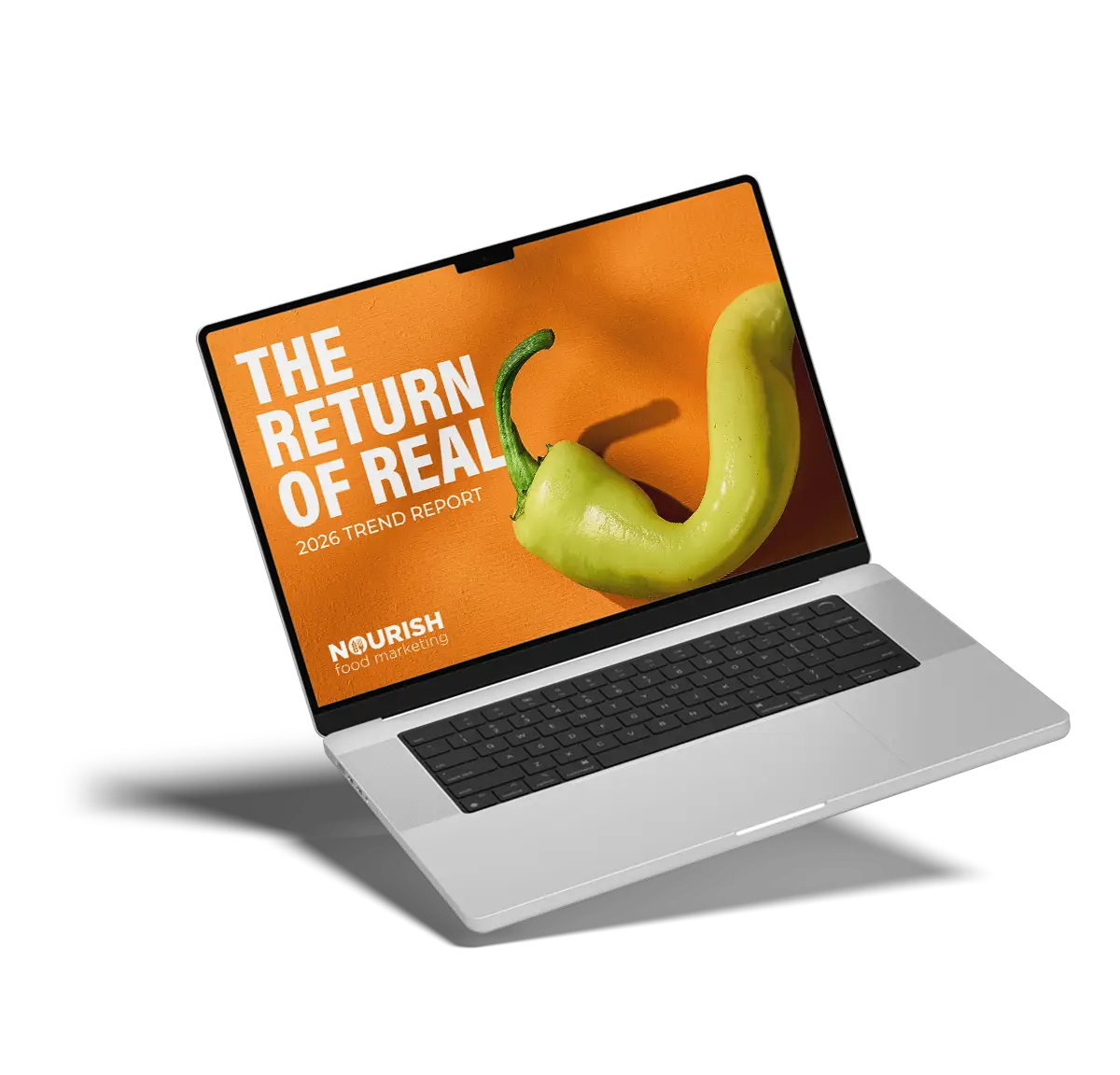There’s a principle taught to engineering students: If you want to see how something works, watch what happens when it comes apart. (And if you’re a parent, you know a lot of kids figure this out on their own.)
We all had a front-row seat to the dismantling of our international logistics system when COVID hit in March 2020. For the first time in recent memory, there were empty grocery store shelves. Closed borders and cargo ships anchored off the coasts of North America even caused rationing of essential food items.
The question is: what are we going to learn from this disruption and the brief but real prospect many consumers felt for the first time — maybe we won’t be able to buy the food we want to eat.
Since the 1970s, the Just In Time (JIT) management philosophy has ruled the economy. Manufacturing, retail, food, and even agriculture rely on enormous freighters, double-bottom tractor-trailers, and sprawling distribution centres to function. One of the goals of JIT is to reduce inventory. The truck pulling into the loading dock carries the crate of grapes to refill the grocery store cooler just as the last bag is sold. The globalization of the economy is complete.
When the world stopped, our shelves went bare
But COVID threw a giant wrench into the machine, and international travel and the movement of goods came to a screeching halt. Suddenly, there were no microchips for your truck and no iPads for Christmas. And, more frighteningly, no crackers on the shelves.
A study conducted in December 2021 for one of our clients, the Weston Family Foundation, revealed that more than half of Canadians believe having a high dependency on imported fresh fruits and vegetables makes Canada vulnerable.
They’re right. Our food economy IS vulnerable. In a climate-changing world, Canada’s high dependence on imported fresh fruits and vegetables makes it open to food-systems disruptions. Up to 80% of fresh fruits and vegetables consumed in Canada are supplied through imports due to a short growing season in Canada, high costs of production, and limited varieties, among other factors.
Consumers are taking notice. It’s not hard to convince Canadians that we need to take a look at our food system. It’s difficult, to say the least, to grow a raspberry in bitterly cold temperatures and under three feet of snow. But no one wants to wait until mid-summer before eating fresh produce. If we can’t grow it here, we’ll need to ship it in from down south – unless the impossible happens and the world shuts down. Then what?
Agriculture inputs are at risk too
It's not just a food retail problem. Growers are facing their own logistics problems that are causing sleepless nights.
Glyphosate, the backbone of a farmer’s weed control program across almost every field crop, is in short supply this year. It’s such a big problem that even the Wall Street Journal is taking notice. In an article on February 15, Farmers feel the squeeze of inflation, journalist Patrick Thomas noted that the cost of glyphosate is up 250% from what it was 12 months ago. “Bayer attributed the recent increases in glyphosate prices to a global shortage caused by weather events, energy restrictions, high demand for transportation, and global supply-chain challenges,” he wrote. Industry insiders expect challenges to the global ag industry to remain in 2022 and beyond.
Wild commodity prices meet spiking input costs
Closer to home, a farmer in Southwestern Ontario told us he just sold 500 bushels of soybeans for $20/bu, about double the price just two years ago. “That’s a crazy number,” he said. “It’s a number that should make me happy, but I’m kind of nervous that it’s not real.”
With huge spikes in fertilizer, weed control, fuel, and other input prices, this farmer isn’t sure his revenue from crop sales will match the increase in expenses he’s seeing.
Get smart people in a room, give them some money, watch what happens
But there’s hope. Smart people are watching what’s happening as the logistics problems cause our food and agriculture economy to suffer.
Take the Weston Family Foundation. We helped them launch the Homegrown Innovation Challenge, a $33-million challenge prize, created and funded by the Foundation and delivered over six years.
The Homegrown Innovation Challenge offers philanthropic funding to qualified teams who can most effectively solve the challenge: To create and deliver a market-ready system to reliably, sustainably, and competitively produce berries out of season and at scale in Canada.
By solving the interconnected barriers that currently make this type of agriculture either impossible or unsustainable at the scope required, the Homegrown Innovation Challenge will catalyze a range of systems relevant to a broad array of fruit and vegetable crops in Canada and, ultimately, around the world.
It’s a fascinating project. By giving a bunch of intelligent, motivated, entrepreneurial people a challenge and seeding the teams with enough money to get projects from the drawing board through to commercialization, they hope to change parts of the food production system in Canada and around the world.
We need more moonshot dreams to make real change
Growing berries out of season in Canada on a commercial scale is a radical idea. It’s going to take innovative thinking and a talented group of engineers, growers, entrepreneurs, biologists, energy experts, and others to launch.
The challenge prize idea can be adapted for the smaller scale too. Any program that gathers some of our best and brightest in the field in a room should produce exciting results.
Agriculture will react to the challenges it is facing with equally creative ideas. Technology will be adopted and adapted. Smart people will step forward. Resources will be deployed. We’ve been watching the agriculture industry in this country adjust and overcome since forever — the only difference is now the rest of Canada is finally starting to take note.
